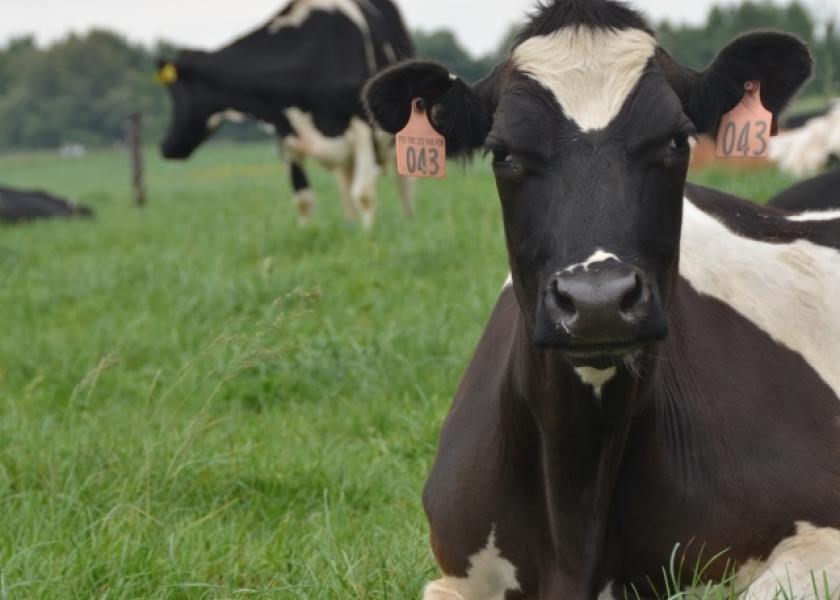One Foot Forward, the Other Stuck in the Past

As soon as the Food and Drug Administration (FDA) released the results of its national drug residue survey earlier this year, you knew more testing would be required.
In the survey, FDA found 16 residues on 15 of the nearly 2,000 farms it surveyed. That’s a violation rate of only 0.7%. While that doesn’t seem like a lot, rounded up it means 1% of raw milk samples could contain antibiotics. That’s a high enough number to panic a skittish public, which demands zero tolerance to food adulteration.
As a result, FDA and state health regulators are initiating a pilot project to look at ways to screen for additional antibiotics. The pilot program was established last month at the National Conference for
Interstate Milk Shipments (NCIMS).
FDA has not established safe or tolerance levels for some of the drugs to be tested. So the agency will first need to establish “target test levels” for each, explains Pat Gorden, an Iowa State University veterinarian.
Once those target test levels are established, drug test kit manufacturers can develop tests that are sensitive to those levels. It’s likely test kit development, training and sampling protocols won’t be available until next year—at the earliest.
While increased testing is warranted, there was more than a bit of irony that came out of the NCIMS meeting. Delegates voted resoundingly to leave the national somatic cell count (SCC) limit at 750,000 cells/ml and not lower it to 400,000. This is the 10th consecutive conference to do so.
Opponents to lowering the cell count continually cite the belief that high levels of SCC are not a human health issue. While somatic cells do not pose a direct health concern, SCC levels above 400,000 are a clear indication of subclinical mastitis.
Subclinical mastitis, especially at elevated levels, tends to lead to clinical mastitis. Clinical mastitis leads to more antibiotic use. And more antibiotic use leads to increased risk of antibiotic residues in milk.
Rather than lower the risk of antibiotic residues in the first place, NCIMS delegates seem content to increase residue testing.
I am not saying testing should not be increased. The FDA survey shows that a handful of dairy farmers are willing to jeopardize the integrity of the U.S. milk supply for their own selfish reasons.
Those selfish acts create a nasty little public relations problem. The U.S. dairy industry says milk is the most highly-tested and safest food in America.
The FDA survey showed that’s not quite true. And now we’re faced with the need for additional tests to assure consumers we’re doing what we say we’re doing.
Wouldn’t it also make sense to reduce the need for antibiotics in the first place and reduce the national SCC limit to 400,000 cell/ml? Wouldn’t it?







